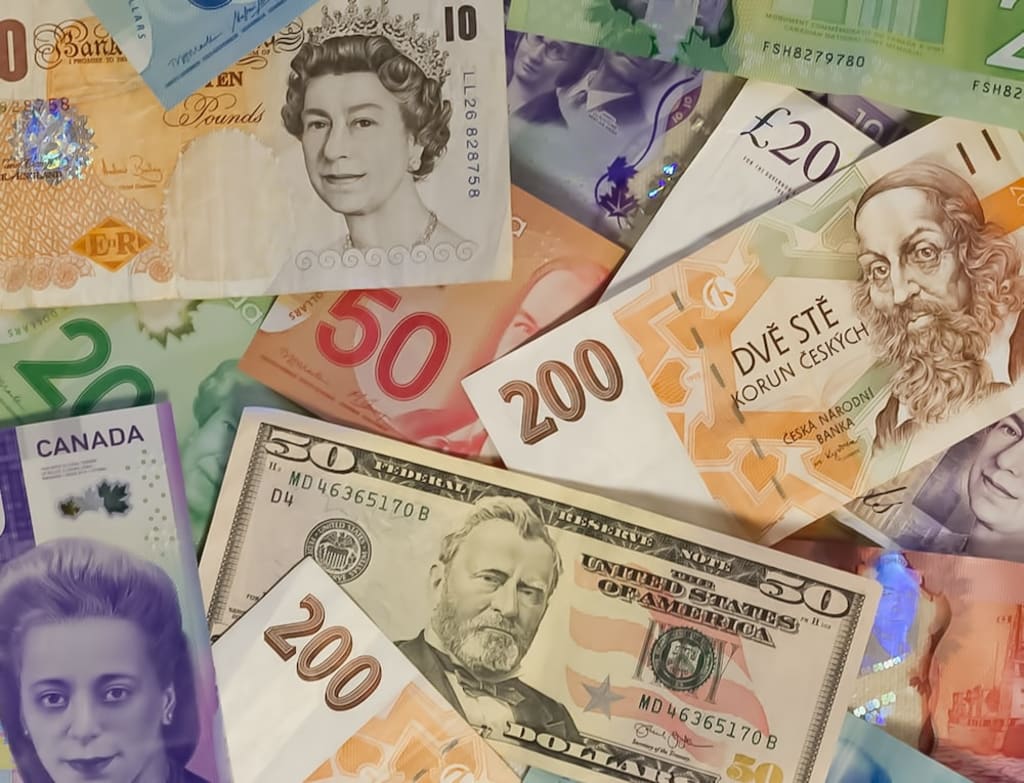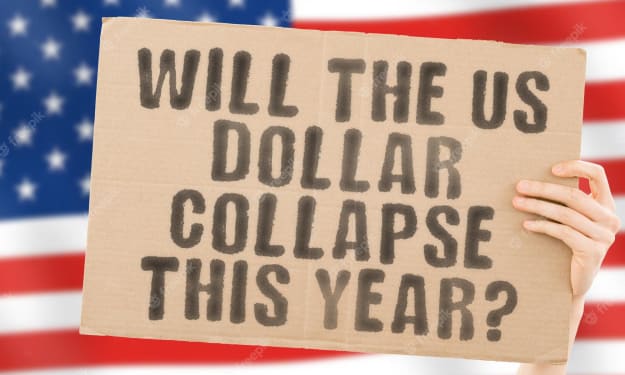
The US dollar is the world's most widely used currency for international trade, accounting for approximately 88% of all foreign exchange transactions. It has become the dominant global currency over the past century, but this was not always the case. In this blog post, we will explore the history of how the US dollar became the international trading currency.
The Bretton Woods Agreement
The Bretton Woods Agreement, signed in 1944, was a significant turning point for the US dollar's role in international trade. The agreement established a fixed exchange rate system, where the US dollar was pegged to gold, and other currencies were pegged to the US dollar. This made the US dollar the de facto global currency for international trade and finance, as most countries were willing to hold US dollars as reserve currencies due to their stable value.
The Marshall Plan
The Marshall Plan, implemented by the United States in the aftermath of World War II, also played a crucial role in making the US dollar the international trading currency. The plan provided financial aid to war-torn European countries, which were struggling to rebuild their economies. However, the aid came with a catch: the recipient countries had to spend the funds on US goods and services. This helped establish the US as the dominant global economic power and made the US dollar the preferred currency for international trade.
President Nixon
In 1971, President Nixon announced that the US would no longer convert US Dollars into gold, effectively ending the Bretton Woods system. This event marked a turning point in the US Dollar's history as an international trading currency. Without the backing of gold, the US Dollar's value became more reliant on the strength of the US economy and the confidence of international investors.
Despite the end of the Bretton Woods system, the US Dollar continued to dominate international trade and finance. One reason for this is the sheer size and power of the US economy. The US is the world's largest economy and home to many of the world's largest corporations. This economic power has given the US Dollar a degree of stability and predictability that other currencies lack.
The Oil Crisis of 1973
Another factor that contributed to the US dollar's dominance as an international trading currency was the oil crisis of 1973. After the Arab-Israeli War, the Organization of Petroleum Exporting Countries (OPEC) imposed an oil embargo on countries that supported Israel, which led to a significant increase in oil prices. As most countries relied heavily on oil imports, they had to pay for them in US dollars, which further increased the demand for US dollars and made it the preferred currency for international trade.
NYSE
Another reason for the US Dollar's dominance is the US's role as a global financial center. The US is home to the world's largest stock exchange, the New York Stock Exchange, and the world's largest bond market, the US Treasury market. These financial markets provide investors with liquidity, transparency, and efficiency, making them an attractive destination for international investors
Finally, the US Dollar's dominance is also a result of US foreign policy. The US has used its economic power to promote the use of the US Dollar in international trade and finance.
Conclusion
In conclusion, the US dollar's status as the international trading currency is the result of a combination of historical events, including the Bretton Woods Agreement, the Marshall Plan, Richard Milhous Nixon and the oil crisis of 1973. Despite challenges from other currencies such as the euro and the Chinese yuan, the US dollar remains the dominant global currency for international trade and finance.





Comments
There are no comments for this story
Be the first to respond and start the conversation.